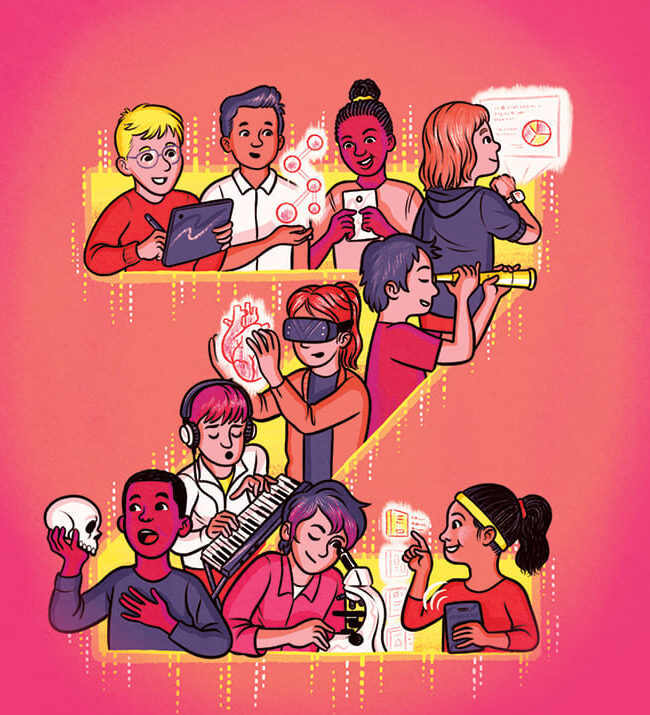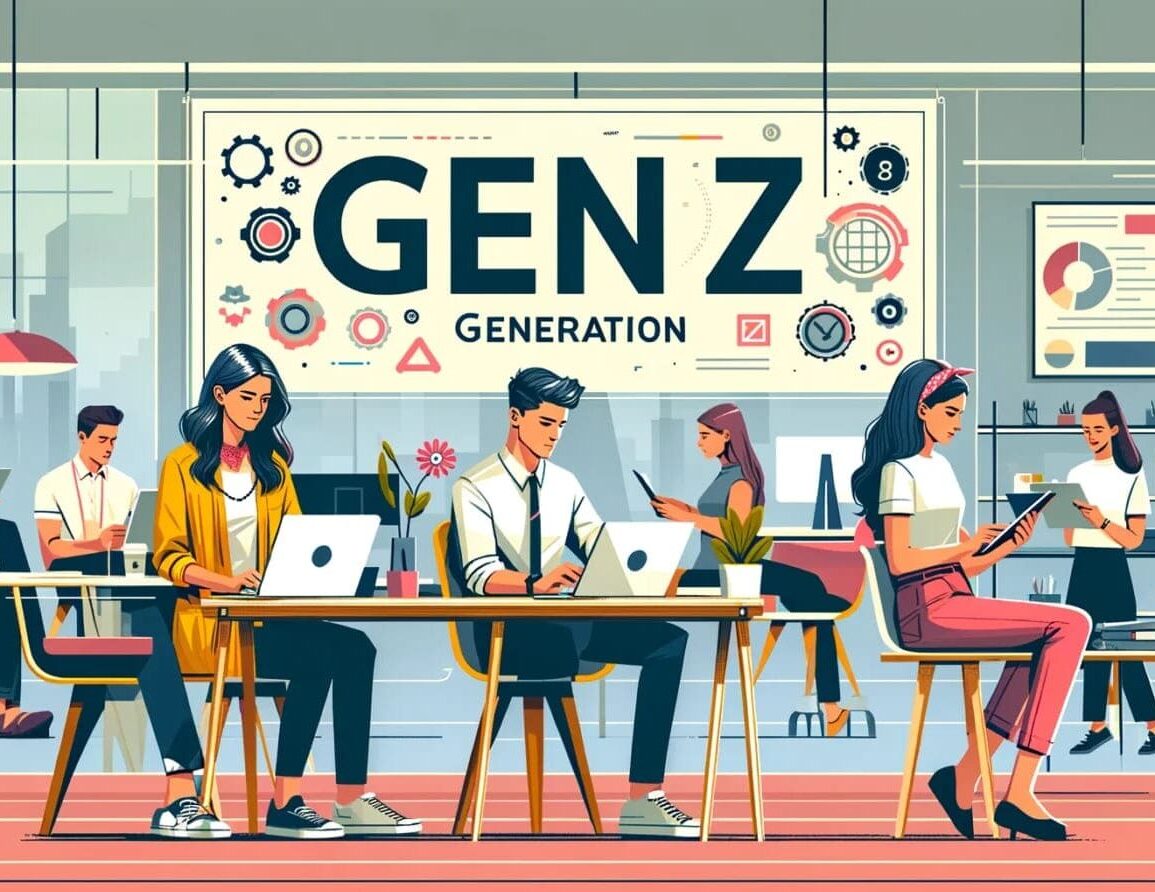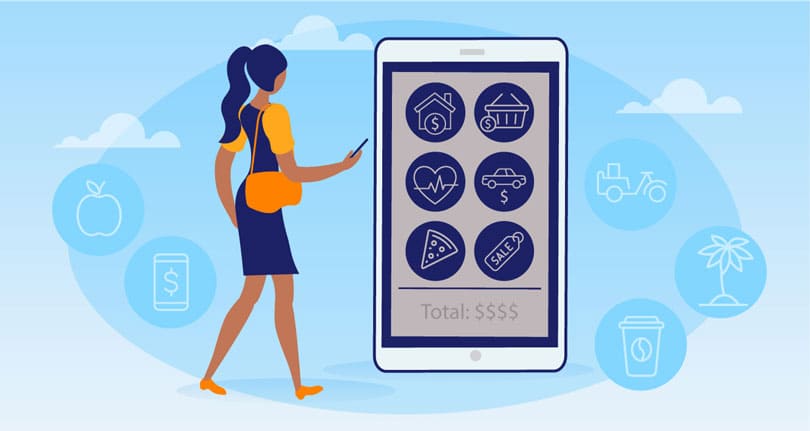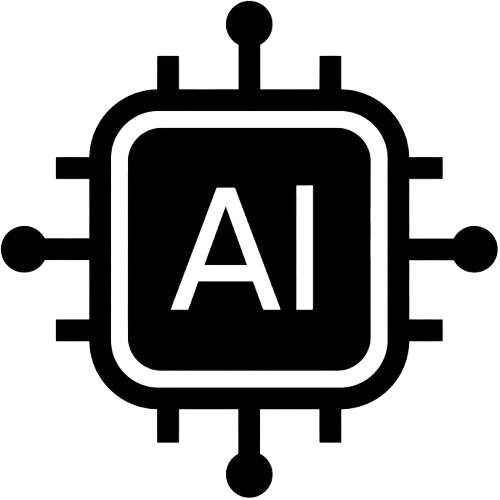Your cart is currently empty!
Written by Riyan Sharma {07|08|2025}
Meet Gen Z: How They Learn, Work & Live
Meet Gen Z: How They Learn, Work & Live
Gen Z, born between the late 1990s and early 2010s, is the first generation to grow up entirely in the digital age. From their earliest memories, smartphones, Wi-Fi, and social media have been part of daily life. As a result, Gen Z is not only tech-savvy but also value-driven, socially aware, and independent-minded. In 2025, this generation is redefining how education works, reshaping workplaces, and shifting lifestyle trends globally. This blog explores how Gen Z learns, works, and lives — and what the rest of us can learn from them.
🎓 How Gen Z Learns

Gen Z prefers learning that is flexible, interactive, and personally relevant, catering to their unique interests and fast-paced digital lifestyles. They thrive with on-demand platforms that let them learn anytime, anywhere, using short-form videos and gamified apps like Duolingo to make learning more engaging and rewarding. Unlike older generations who were often restricted to textbooks and classrooms, Gen Z actively explores a wide range of educational resources, including podcasts, AI-powered tutors etc.
Key learning traits of Gen Z:
📱Digital-first learning: Gen Z uses AI tools like ChatGPT, Notion, for instant answers and to create custom study routines.
🧠Micro-learning: They prefer short videos, flashcards, and mobile quizzes to learn quickly.
🔄Interactive formats: Gamified apps, visual tools, and simulations help them understand better than traditional textbooks.
🌍Global access: Gen Z joins webinars, follows YouTube educators, and learns from international online communities.
💼 How Gen Z Works
Gen Z is transforming how careers are built, prioritizing flexibility, balance, and mental wellness. They often avoid rigid office jobs, favoring freelance, remote, or passion-driven roles. With strong digital skills and a purpose-first mindset, Gen Z is shaping a modern, adaptable, and meaningful work culture.

Gen Z work values:
🌐 Remote-friendly careers: They seek work-life balance and remote job roles that offer freedom and creativity.
🧘Work-life integration: Unlike earlier generations, Gen Z doesn’t believe in “living for the weekend.” They want fulfilling work.
💬Digital collaboration: Tools like Slack, Notion, Zoom, and Google Workspace are second nature.
📊Side hustles: Many Gen Zers run their own small brands, or online services alongside college or jobs.
🎓 How Gen Z Lives
Gen Z’s lifestyle is deeply connected to technology, self-expression, and social causes, shaping how they interact with the world and make everyday choices. From their fashion preferences to their career decisions, values like authenticity, inclusivity, and sustainability play a central role. They are more conscious of mental health, climate change, and equality than any previous generation, often aligning themselves with communities and brands that reflect these ideals. Whether it’s advocating for social justice on social media, supporting eco-conscious businesses, or prioritizing self-care routines, Gen Z’s approach to life is intentional and driven by a strong sense of purpose and identity.

Lifestyle patterns:
🌿 Values-driven: They support brands that actively promote environmental sustainability, prioritize mental wellness, and advocate for social justice and equality. This support isn’t passive — it’s expressed through purchasing decisions, online reviews, and social media influence.
🧠 Mental health matters: For Gen Z, therapy, mindfulness apps, emotional literacy, and open discussions about anxiety, burnout, and depression are all normalized. They are more willing to seek help and expect mental health to be prioritized in schools, workplaces, and digital spaces.
📲 Always online: Instagram, YouTube, and TikTok aren’t just forms of entertainment for Gen Z — they are ecosystems where they build personal brands, launch creative ventures, stay informed about global issues, and participate in activism.
🎨 Creativity & identity: Gen Z expresses individuality through digital art, personal vlogs, curated aesthetics, memes, reels, and viral challenges. Creativity isn’t just a hobby — it’s how they connect with others, explore passions, and even build careers, often merging work, play, and identity seamlessly.
Gen Z is not just another generation — they are a cultural shift. They’re redefining how we learn, work, and live by embracing technology, challenging traditional norms, and demanding better. Whether it’s in classrooms, companies, or communities, understanding Gen Z is key to understanding the future. From digital learning to meaningful careers and socially-conscious lifestyles, Gen Z is proving that the world doesn’t have to work the way it always has. And perhaps, they’re right.
Written by Riyan Sharma {07|08|2025}
Meet Gen Z: How They Learn, Work & Live
Meet Gen Z: How They Learn, Work & Live
Gen Z, born between the late 1990s and early 2010s, is the first generation to grow up entirely in the digital age. From their earliest memories, smartphones, Wi-Fi, and social media have been part of daily life. As a result, Gen Z is not only tech-savvy but also value-driven, socially aware, and independent-minded. In 2025, this generation is redefining how education works, reshaping workplaces, and shifting lifestyle trends globally. This blog explores how Gen Z learns, works, and lives — and what the rest of us can learn from them.
🎓 How Gen Z Learns

Gen Z prefers learning that is flexible, interactive, and personally relevant, catering to their unique interests and fast-paced digital lifestyles. They thrive with on-demand platforms that let them learn anytime, anywhere, using short-form videos and gamified apps like Duolingo to make learning more engaging and rewarding. Unlike older generations who were often restricted to textbooks and classrooms, Gen Z actively explores a wide range of educational resources, including podcasts, AI-powered tutors etc.
Key learning traits of Gen Z:
📱Digital-first learning: Gen Z uses AI tools like ChatGPT, Notion, for instant answers and to create custom study routines.
🧠Micro-learning: They prefer short videos, flashcards, and mobile quizzes to learn quickly.
🔄Interactive formats: Gamified apps, visual tools, and simulations help them understand better than traditional textbooks.
🌍Global access: Gen Z joins webinars, follows YouTube educators, and learns from international online communities.
💼 How Gen Z Works
Gen Z is transforming how careers are built, prioritizing flexibility, balance, and mental wellness. They often avoid rigid office jobs, favoring freelance, remote, or passion-driven roles. With strong digital skills and a purpose-first mindset, Gen Z is shaping a modern, adaptable, and meaningful work culture.

Gen Z work values:
🌐 Remote-friendly careers: They seek work-life balance and remote job roles that offer freedom and creativity.
🧘Work-life integration: Unlike earlier generations, Gen Z doesn’t believe in “living for the weekend.” They want fulfilling work.
💬Digital collaboration: Tools like Slack, Notion, Zoom, and Google Workspace are second nature.
📊Side hustles: Many Gen Zers run their own small brands, or online services alongside college or jobs.
🎓 How Gen Z Lives
Gen Z’s lifestyle is deeply connected to technology, self-expression, and social causes, shaping how they interact with the world and make everyday choices. From their fashion preferences to their career decisions, values like authenticity, inclusivity, and sustainability play a central role. They are more conscious of mental health, climate change, and equality than any previous generation, often aligning themselves with communities and brands that reflect these ideals. Whether it’s advocating for social justice on social media, supporting eco-conscious businesses, or prioritizing self-care routines, Gen Z’s approach to life is intentional and driven by a strong sense of purpose and identity.

Lifestyle patterns:
🌿 Values-driven: They support brands that actively promote environmental sustainability, prioritize mental wellness, and advocate for social justice and equality. This support isn’t passive — it’s expressed through purchasing decisions, online reviews, and social media influence.
🧠 Mental health matters: For Gen Z, therapy, mindfulness apps, emotional literacy, and open discussions about anxiety, burnout, and depression are all normalized. They are more willing to seek help and expect mental health to be prioritized in schools, workplaces, and digital spaces.
📲 Always online: Instagram, YouTube, and TikTok aren’t just forms of entertainment for Gen Z — they are ecosystems where they build personal brands, launch creative ventures, stay informed about global issues, and participate in activism.
🎨 Creativity & identity: Gen Z expresses individuality through digital art, personal vlogs, curated aesthetics, memes, reels, and viral challenges. Creativity isn’t just a hobby — it’s how they connect with others, explore passions, and even build careers, often merging work, play, and identity seamlessly.
Gen Z is not just another generation — they are a cultural shift. They’re redefining how we learn, work, and live by embracing technology, challenging traditional norms, and demanding better. Whether it’s in classrooms, companies, or communities, understanding Gen Z is key to understanding the future. From digital learning to meaningful careers and socially-conscious lifestyles, Gen Z is proving that the world doesn’t have to work the way it always has. And perhaps, they’re right.


Leave a Reply